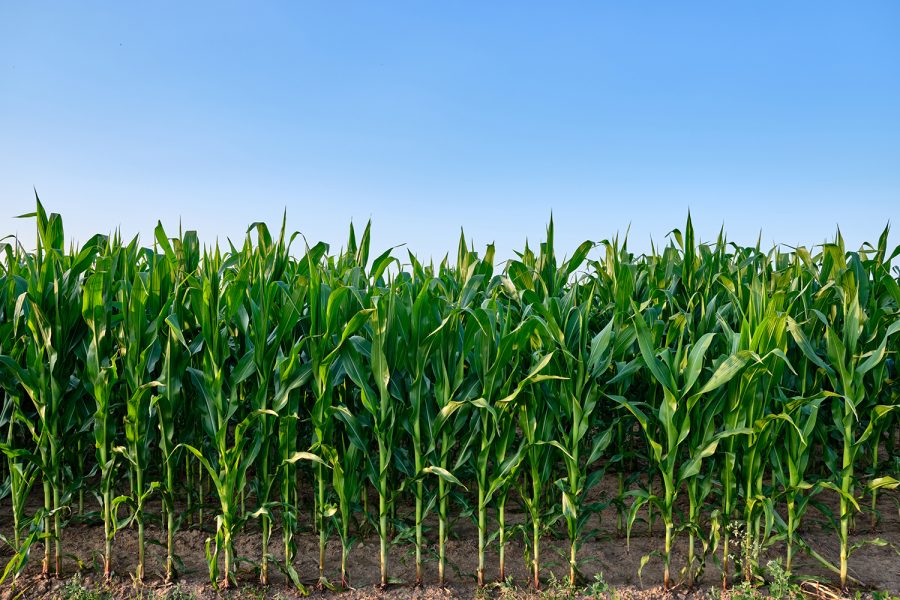Opinion | Climate change hurts agriculture worldwide
The Supreme Court ruling of West Virginia v. EPA could have detrimental effects on farms and food in Iowa if action is not taken soon.
July 7, 2022
“America Needs Farmers.”
This slogan has been heard by University of Iowa students since the 1980s. It was popularized by Hawkeye football coach Hayden Fry during the Iowa Farming Crisis, in which Iowa farmland lost 60 percent of its value from 1981-1986 and farmers were forced to declare bankruptcy.
Farming families could lose everything again. Because of climate change, the future of American farmers is uncertain.
Recently, the Supreme Court ruled 6-3 against the U.S. Environmental Protection Agency’s (EPA) ability to regulate greenhouse gas emissions on a widespread scale.
The outcome of West Virginia v. EPA could be detrimental to the farming communities of Iowa in the future if the efforts to reduce climate change are restricted.
With nearly 85,000 farming operations across the state, Iowa could be considered the farming hub of the U.S. For the last 27 years, Iowa has been the nation’s leader in corn production. It is also the second-largest agricultural exporting state. In 2017, Iowa exported $10.3 billion worth of crops around the world.
But already, farmers are losing crop yield and farm acreage because of increasingly unpredictable weather and temperature changes related to climate change.
Events like the 2008 flood or 2020 derecho can be disastrous to the farming community, and with the recent SCOTUS decision to not allow the EPA to regulate emissions, weather like this is increasingly likely.
As the phrase “global warming” suggests, these occurrences are not just a local thing. With sea levels rising, coastal farms will be flooded more easily. In historically dry, hot areas, drought and fires are already popping up more frequently.
The import and export of crops is a large part of the economy of many countries, and the well-being of many people depends on it. But this is not only from a monetary standpoint. Human beings quite literally cannot survive without food.
If climate change continues in a direction without substantial regulations, a food crisis might be on the horizon. Unfortunately, those who contribute the least to the warming of our planet will most likely get the short end of the stick in this kind of situation.
There is wide debate if excess carbon dioxide in our atmosphere will help or harm crops. A study shows that in many cases, high concentrations of the gas increase the yield of a crop because of a boosted rate of plant photosynthesis as well as reduced transpiration.
The caveat comes when looking at carbon dioxide’s impact on climate change.
While more carbon dioxide in a controlled environment may have a higher overall crop yield, that difference would most likely be offset by the changes in temperature and weather that will ultimately come with more carbon emissions being released into the atmosphere.
Farming and unpredictability is not a great combination.
In this recent ruling, the Supreme Court used the “major questions doctrine”, essentially saying that any motions proposed by agencies that could impact the economy must be authorized by Congress. But we need action now.
Every day we creep closer to irreversible damage to our planet, and without any regulations on emissions that exacerbate climate change, that damage could happen a lot earlier than expected.
While elections are not the end-all-be-all of change in this country, voting for candidates who are committed to reducing or reversing the adverse effects of climate change is a great place to start. Calling your senators and local representatives is also a great way to get involved in the demand to increase climate change efforts.
Climate change is a slow process and it may not be readily visible, but the effects of it will surely be felt soon enough if we do not see action taken in the next few years.
Columns reflect the opinions of the authors and are not necessarily those of the Editorial Board, The Daily Iowan, or other organizations in which the author may be involved.














